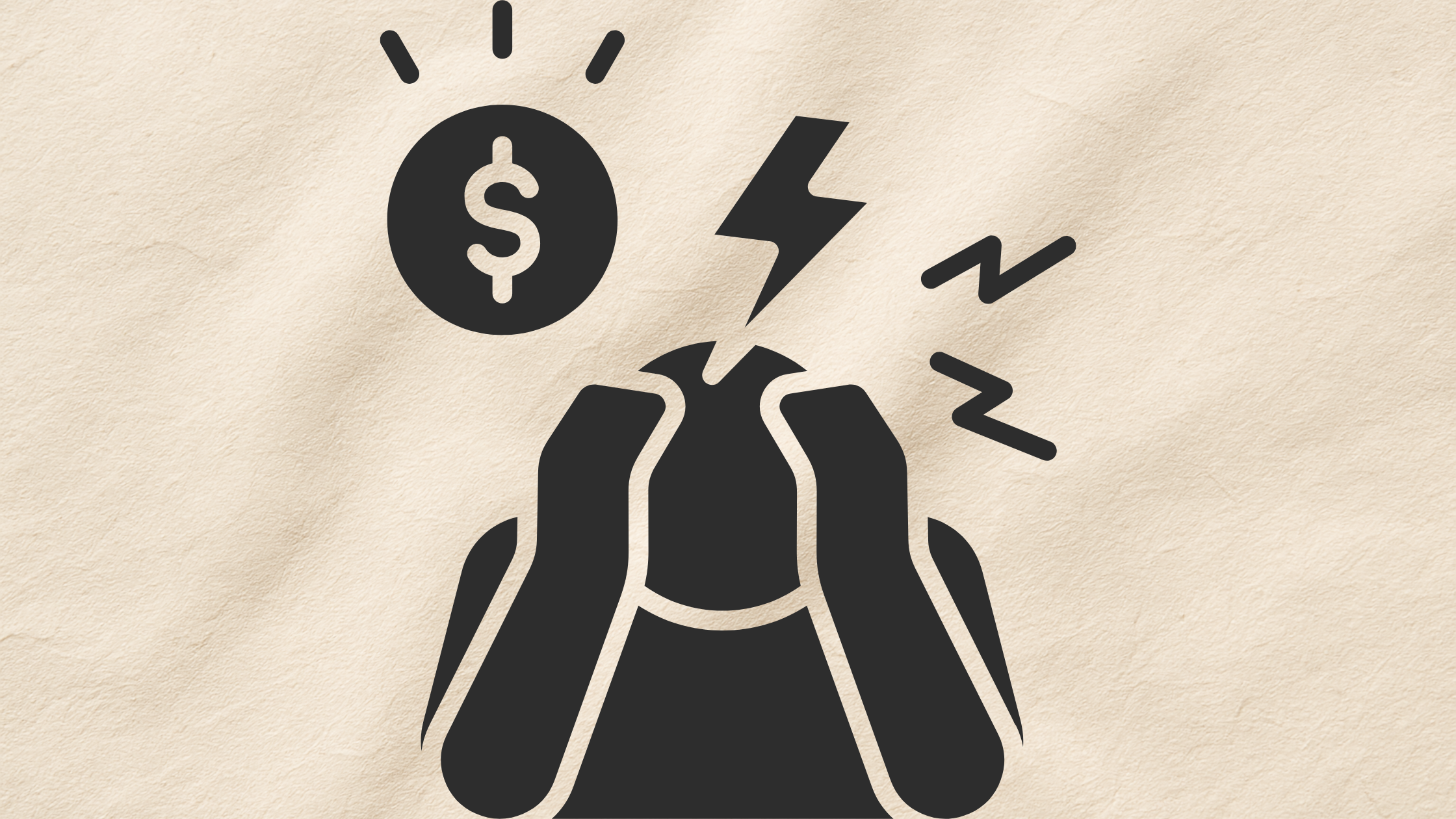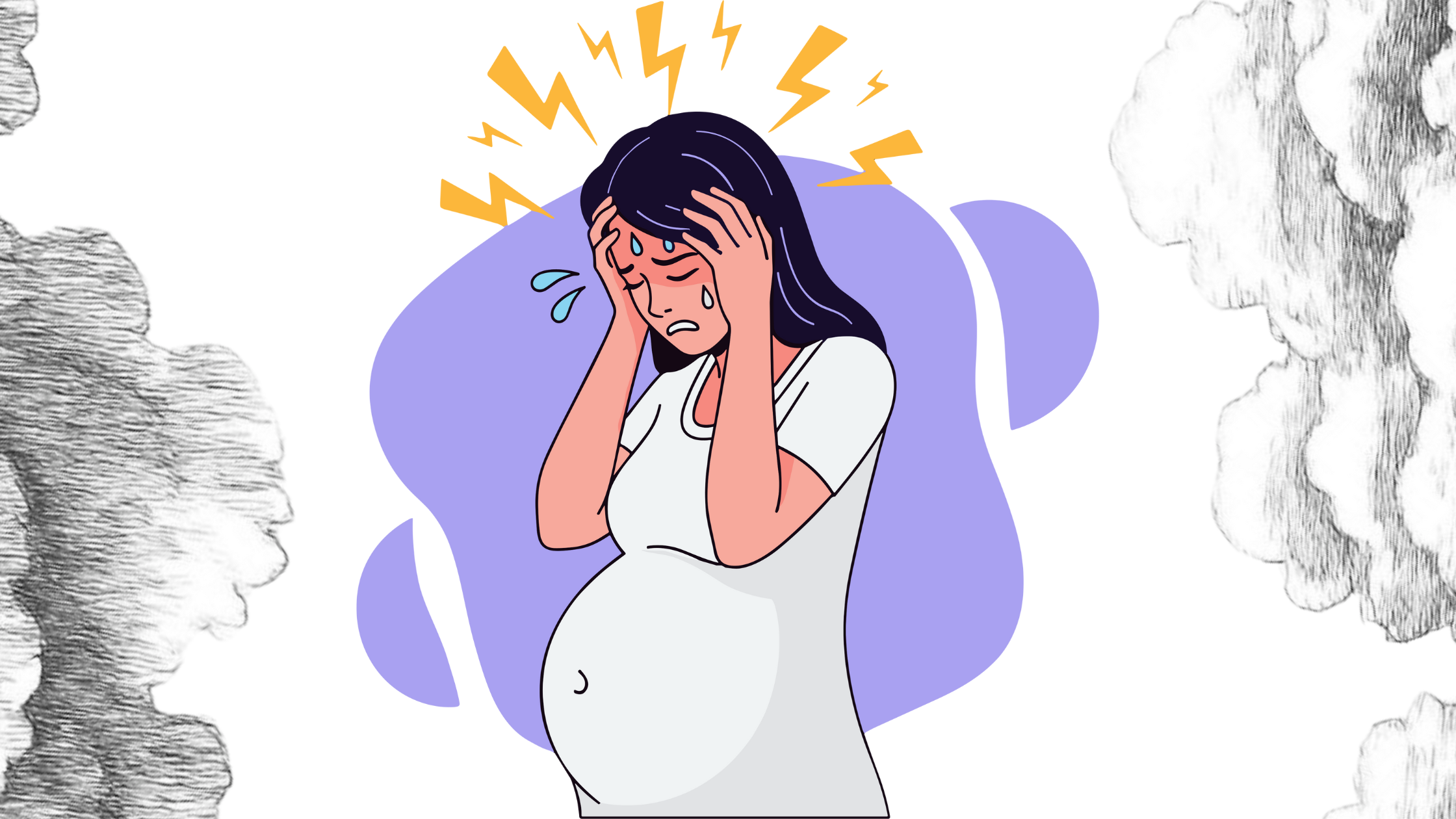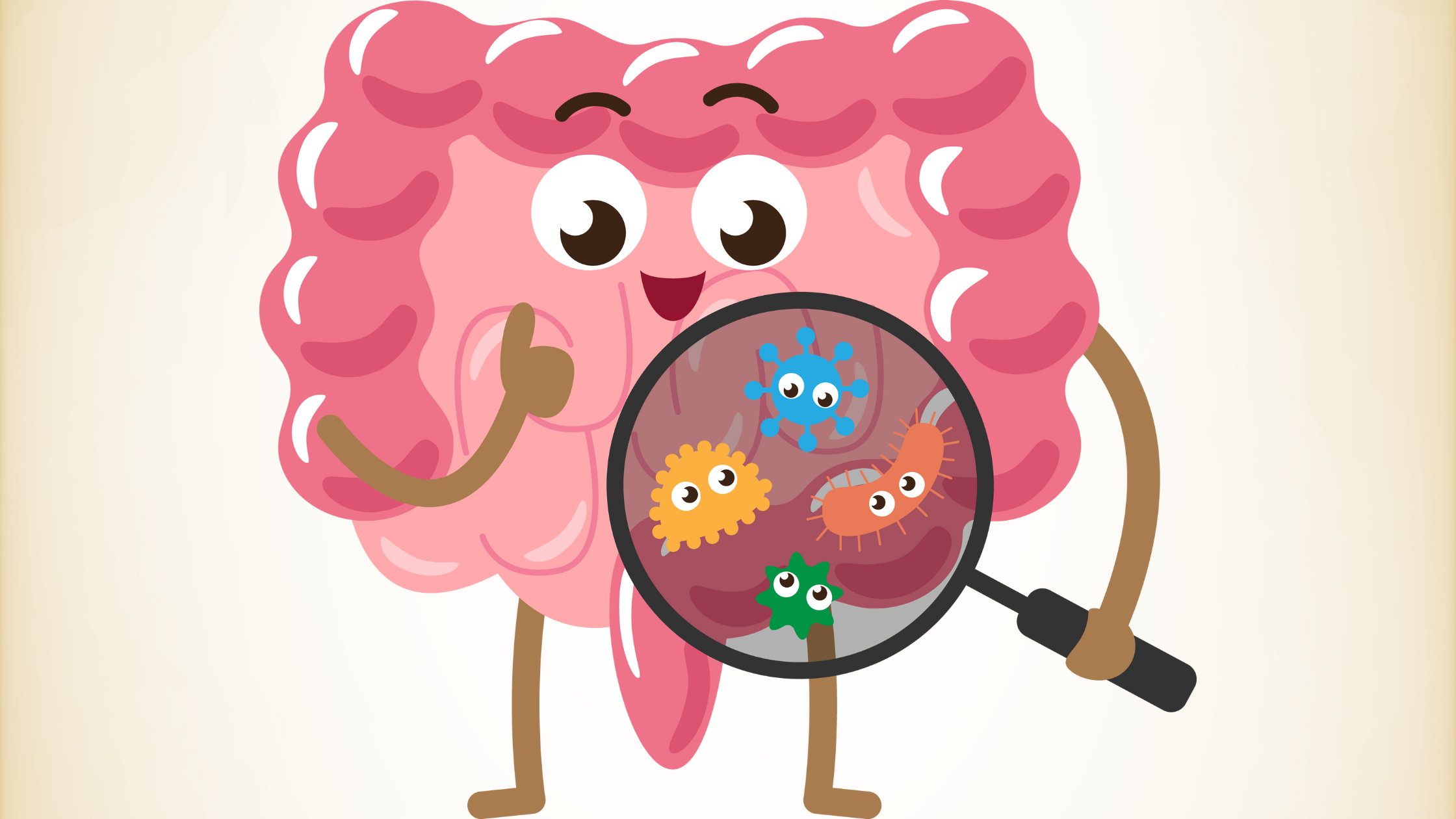Sleep often changes as we get older. Many older adults notice they fall asleep earlier, wake up more frequently during the night, or rise before dawn feeling less rested than they once did. While these changes are common, they are not inevitable—and one of the most effective, evidence-backed ways to protect sleep in older age is staying physically active.
Regular movement supports sleep through multiple biological, psychological, and social pathways, making it a powerful and often underutilized tool for improving sleep quality later in life.










